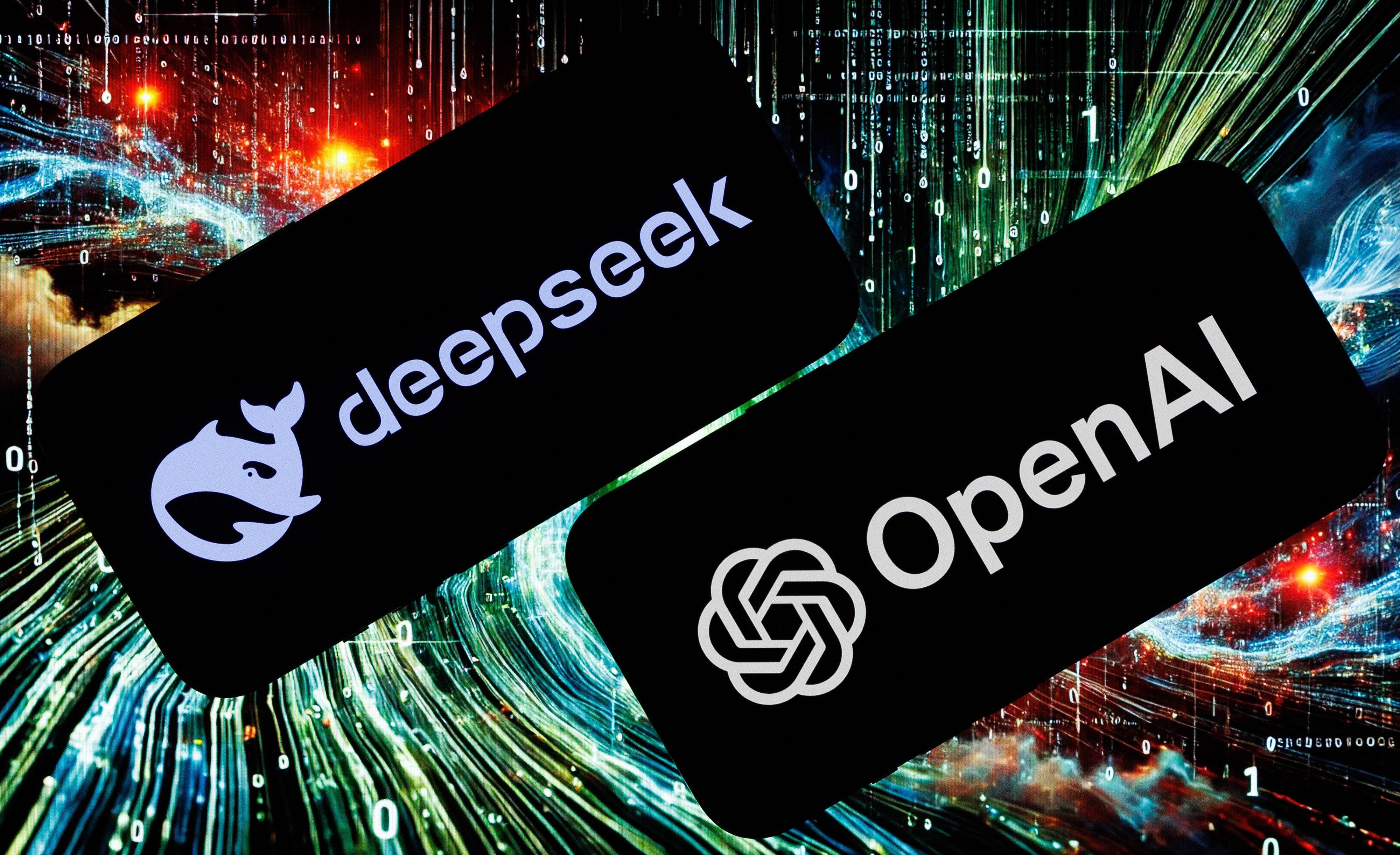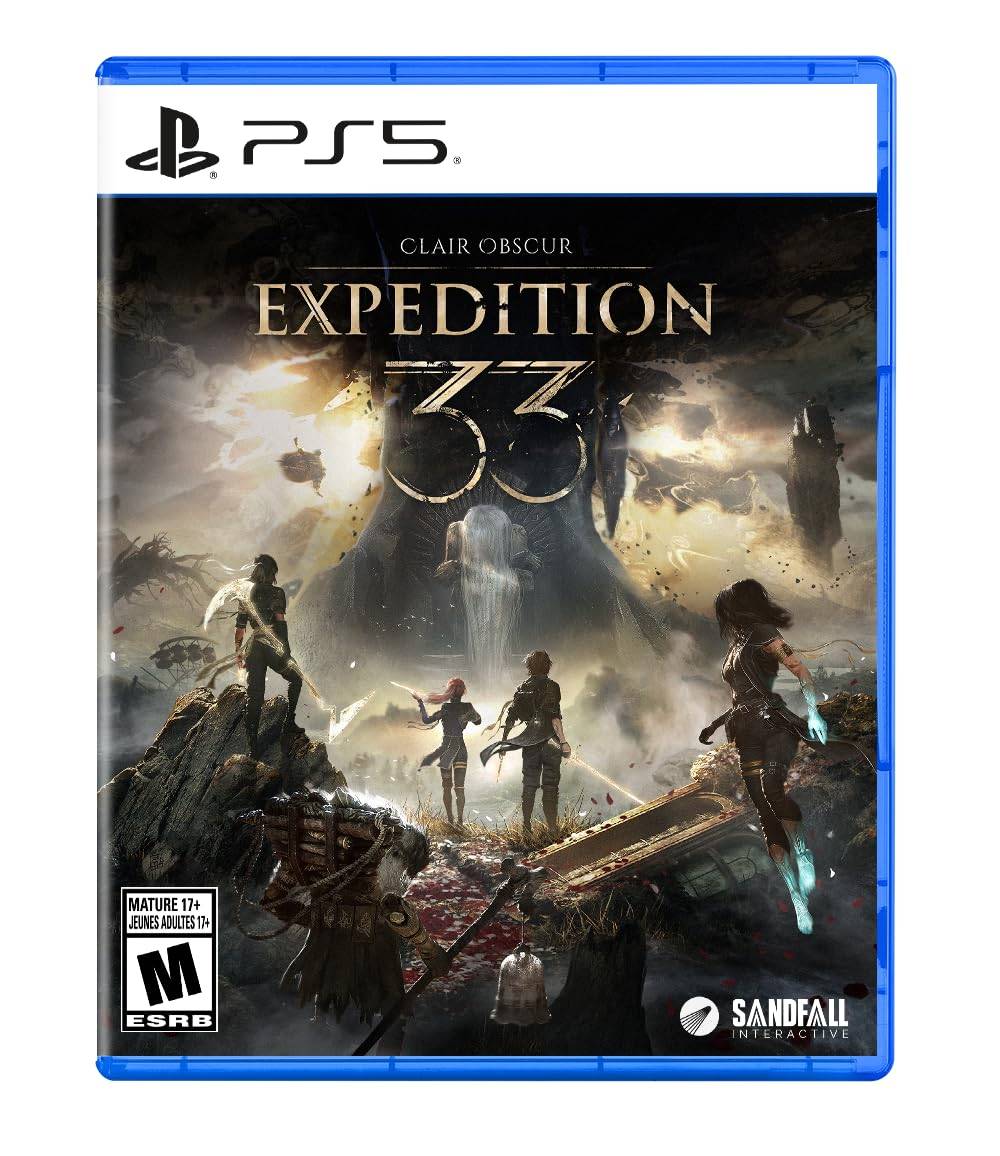OpenAI has voiced concerns that China's DeepSeek AI models, known for their remarkably low cost, may have been developed using data from OpenAI. This week, Donald Trump called DeepSeek a wake-up call for the U.S. tech industry, following a significant drop in Nvidia's market value—nearly $600 billion—triggered by DeepSeek's emergence. The launch of DeepSeek caused a sharp decline in the stock prices of major AI-focused companies. Nvidia, a key player in GPU technology essential for AI model operation, experienced the most dramatic fall, with a 16.86% drop—the largest single-day loss in Wall Street history. Microsoft, Meta Platforms, Alphabet (Google's parent company), and Dell Technologies also saw substantial losses, ranging from 2.1% to 8.7%.
DeepSeek promotes its R1 model as a significantly cheaper alternative to Western AI models like ChatGPT. Built upon the open-source DeepSeek-V3, it reportedly requires far less computing power and boasts a training cost estimated at just $6 million. While this claim has been disputed, it has nonetheless fueled concerns about the billions of dollars American tech companies are investing in AI, impacting investor confidence. DeepSeek's popularity surged, reaching the top of the U.S. most downloaded free app chart, further highlighting the discussion surrounding its performance.
Bloomberg reported that OpenAI and Microsoft are investigating whether DeepSeek utilized OpenAI's API to incorporate OpenAI's AI models into its own. OpenAI acknowledged to Bloomberg that Chinese companies and others are continuously attempting to leverage data from leading U.S. AI companies. This process, known as distillation—a technique for training AI models by extracting data from larger models—violates OpenAI's terms of service.
OpenAI emphasized its commitment to protecting its intellectual property, including careful selection of capabilities included in released models, and stressed the importance of collaboration with the U.S. government to safeguard its technology from competitors and adversaries. David Sacks, President Donald Trump's AI czar, indicated substantial evidence suggesting DeepSeek's use of OpenAI models through distillation, a practice he expects will prompt countermeasures from leading AI companies in the coming months.

The situation has highlighted the irony of OpenAI's position, given previous accusations of its own data acquisition practices. Commentators have pointed out OpenAI's reliance on vast amounts of internet data in creating ChatGPT. OpenAI previously stated in a submission to the UK's House of Lords that creating AI tools like ChatGPT without copyrighted material is impossible, citing the widespread copyright protection of online content. This stance is further complicated by lawsuits from the New York Times and 17 authors alleging the unlawful use of their copyrighted work in OpenAI and Microsoft's products. OpenAI maintains that its training practices constitute "fair use."
The legal landscape surrounding the use of copyrighted material in AI training remains complex, particularly given a 2018 U.S. Copyright Office ruling that AI-generated art cannot be copyrighted, emphasizing the human element in creative expression.















